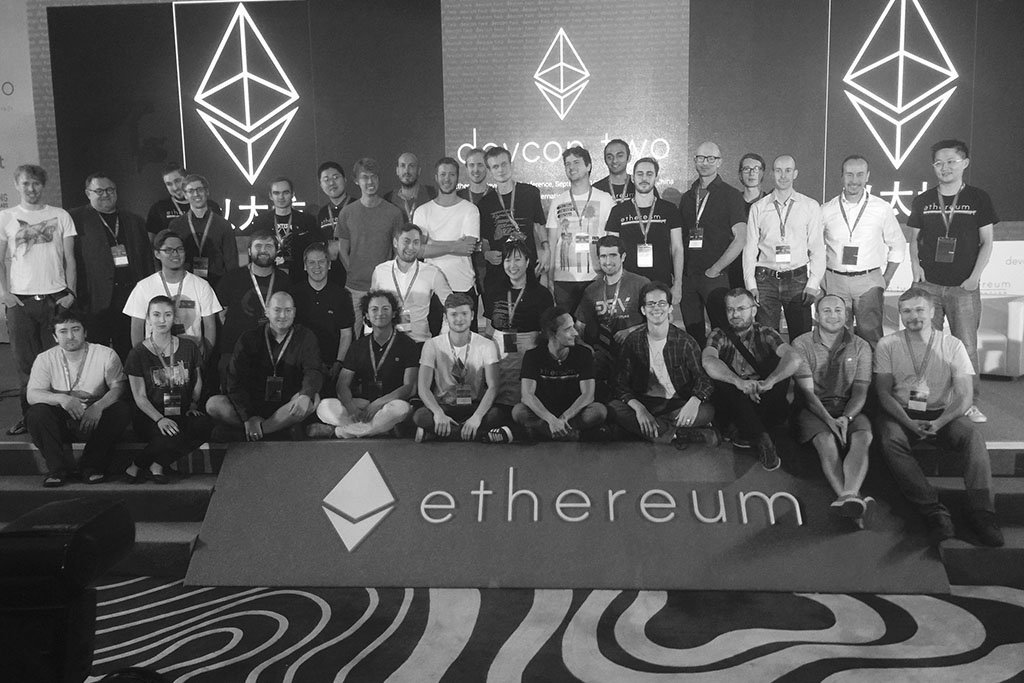Ethereum core developer Alexey Akhunov has proposed to launch a separate temporary testnet on Ropsten and resolve all the code issues while postponing the main implementation.
On Thursday, October 4th, Ethereum developers announced to postpone the upcoming Constantinople hardfork, a system-wide upgrade scheduled on the test network Ropsten. On behalf of the entire developers’ team of the Ethereum Foundation, team lead Peter Szilagyi announced that the main reason for the delay is the recently discovered vulnerability in one of the five Constantinople upgrades.
Via community decision, we've delayed the #Ethereum Ropsten testnet Constantinople hard fork by 1 epoch to block #4230000 (+5 days) to allow clients to implement, test and release an update to CREATE2, countering a recently found EVM DoS attack vector.https://t.co/q0bUyj3GfR
— Péter Szilágyi (karalabe.eth) (@peter_szilagyi) October 4, 2018
The major reason for the delay is to give clients some more time to run “nodes” or computer servers supporting the Ethereum network. This delay will also give Ropsten users to prepare itself for the possible network split which is expected as a result of implementing Constantinople. Simultaneously, Ropsten users are also said to be working on other Ethereum projects like the off-chain scaling solution Raiden.
The Constantinople hard fork upgrade involves important changes like code execution, block reward issuance, data storage, and other things. The active nodes of Ropsten have to make sure that it implements all the upgrades simultaneously. Else there lies a risk of splitting the network into two different blockchains.
As a result, Raiden network developer Lefteris Karapetsas told other Ethereum developers on a public forum that even a temporary network split for a short period of time on Ropsten would “effectively make testing almost impossible” for their project, which is “rather close to mainnet release.”
Hence to avoid further complications on the testnet, Ethereum core developer Alexey Akhunov proposed another alternative which was to launch a separate temporary testnet on Ropsten and resolve all the code issues while postponing the main implementation. Constantinople’s new release date is set for October 14, expected to occur at block 4.23 million.
Proof-of-Stake Chances Look Slim
There has been a lot of buzz around the last few months about Ethereum shifting its consensus protocol from Proof-of-Work to Proo-of-Stake. Ethereum co-founder Vitalik Buterin has, several times, voiced his opinion in support of the latter. The Proof-of-stake implementation is considered to shift the decision making power on the Ethereum network from network miners to Ethereum token holders. This is considered to be a more egalitarian approach on who should be deciding the network changes.
However, Chen Min, CEO and founder of a Shenzhen-based startup Linzhi, says that there are very slim chances of Proof-of-Stake to arrive. To bring it to your notice, Chen’s startup has invested over $4 million in developing the fastest specialized ASIC mining chip for Ethereum. Chen has already worked as lead ASIC designer at Canaan Creative, one of the top global companies dominating crypto-mining hardware.
The latest iteration of Linzhi’s ASIC promises to replace all the previous Ethereum ASIC designs. Linzhi’s ASIC chips claim to have higher energy efficiency and better computing power over all the previous models. However, for Linzhi’s mining chip to function, it is important that Ethereum continues with the existing consensus protocol i.e. Proof-of-Work (PoW). In a word with CoinDesk, Chen said:
“I don’t know if [ethereum] will or will not switch to proof-of-stake. Proof-of-stake has a lot of problems.”
Chen believes that Proof-of-Work is the much better system because of its effective management of rewards distribution. As a result, she consider the Proo-of-Stake as “not a smart thing”.
“There are so many people, so many users, developers and hardware invested in that coin. If they ignore the work that has been done and switch to proof-of-stake, maybe later they can also ignore your stake and switch to proof-of-some other idea,” Chen said.
Simultaneously, there is also a consideration of another proposal called ProgPow which asks for having less expensive GPU chips in place of ASIC. Chen again denounced this saying that this proposal still doesn’t address the larger concern of how Ether rewards are actually distributed in the community. Chen said:
“ProgPoW is being pushed by large farms that have not disclosed their real intentions,” Chen said, adding: “The fear of Bitmain is driving the [ethereum] community into the arms of some very powerful well-funded farms that they don’t even know about.”
However, ProgPow lead developer -Kristy-Leigh Minehan – was quick to contradict Chen’s views saying “large-scale GPU farms don’t really exist.” To put Chen’s arguments at rest, the developer is further making a case wherein ‘GPUs can promote a larger number of participants in securing ethereum’.
Well, it ould be too early to comment on anything at the moment and yes industry players are surely expected to have biased views drawing the line of thought. However, we expect that the Ethereum community in large takes further decisions which are in the best merit of all.
